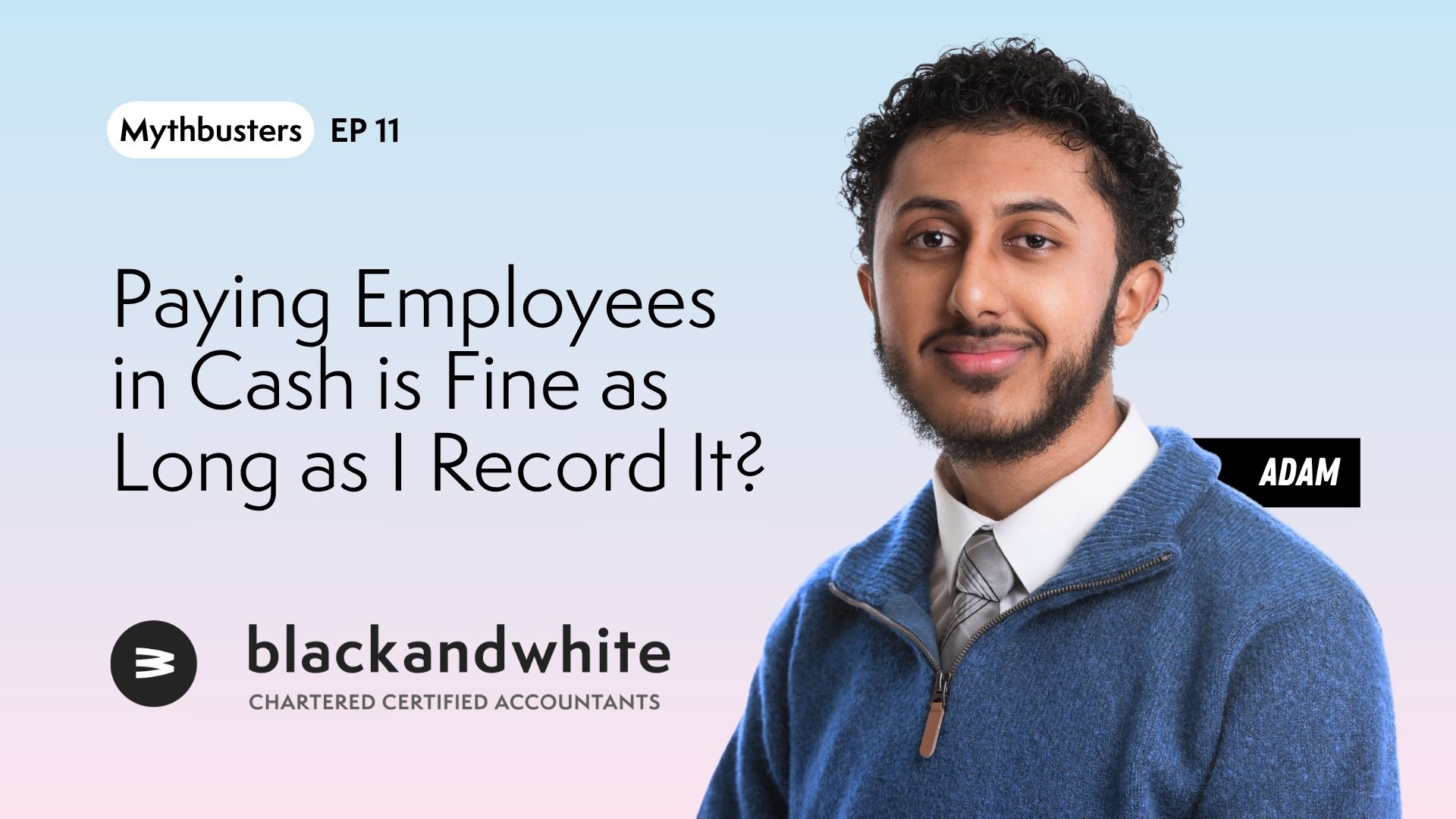At first glance, it seems like a simple question: Are Pringles potato crisps? Most people would say yes without hesitation. However, this seemingly straightforward issue led to a major courtroom battle—and a £100 million VAT bill—all due to the complexities of UK tax law.
This unusual case provides a valuable reminder of just how nuanced VAT classification can be, and how critical it is for businesses to understand how their products are treated under the law.
VAT and Snacks: More Complicated Than You Might Think
Under UK VAT legislation, potato crisps and similar products are subject to the standard 20% VAT rate. However, many other types of food—including a wide range of snacks—are zero-rated, meaning no VAT is charged at all.
This distinction creates a clear incentive for manufacturers to argue that their products fall outside the “crisps” category. And that’s exactly what Procter & Gamble, the company behind Pringles, attempted to do.
The Argument: Not Quite a Crisp?
Procter & Gamble’s case was built on the technical composition and production method of Pringles:
- Pringles are made from a dough containing only 42% potato.
- Unlike traditional crisps, they are pressed and moulded into shape, not sliced from whole potatoes.
- They are uniform in shape and texture, rather than the irregular appearance of most bagged crisps.
Based on this, the company argued that Pringles should be considered a “savoury snack”, not a “potato crisp”—and therefore should be zero-rated for VAT.
HMRC’s Response: A Crisp by Any Other Name
Despite the technicalities, HMRC disagreed. The case eventually made its way through the courts, with the Court of Appeal ultimately ruling that Pringles are, in fact, potato crisps for VAT purposes.
As a result, Procter & Gamble was liable for £100 million in backdated VAT. The decision came down to the court’s interpretation of how the average consumer would view the product, and the fact that potato content remained a substantial component.
Why This Case Matters
This high-profile case highlights a broader truth for businesses: VAT classification is not always intuitive, and minor details can carry enormous financial consequences.
Whether you sell food, provide services, or manufacture products, the way your offerings are classified for VAT purposes can significantly affect:
- Pricing and profitability
- Tax liability
- Compliance risks
And as the Pringles case shows, misunderstanding or misapplying the rules can result in major costs—even for large, sophisticated companies.
How Black & White Accounting Can Help
At Black & White Accounting, we work with businesses across sectors to ensure they are both tax-efficient and compliant. We help clients:
- Identify and address hidden tax risks—before they escalate.
- Apply the correct VAT treatment—to products, services, or transactions.
- Adapt to evolving tax legislation—so you’re always one step ahead.
Concerned about the tax treatment of your products or services?
Contact Black & White Accounting today. We’ll help ensure your business is structured to avoid unpleasant surprises—and that you only pay the tax you truly owe.



